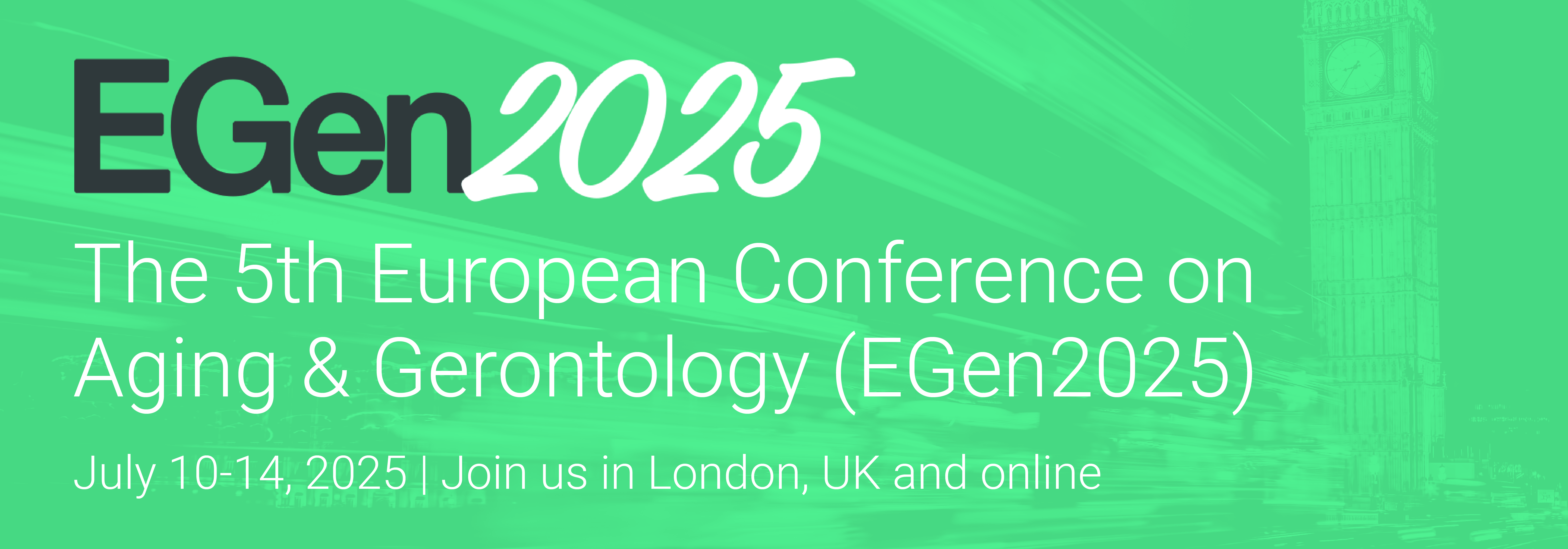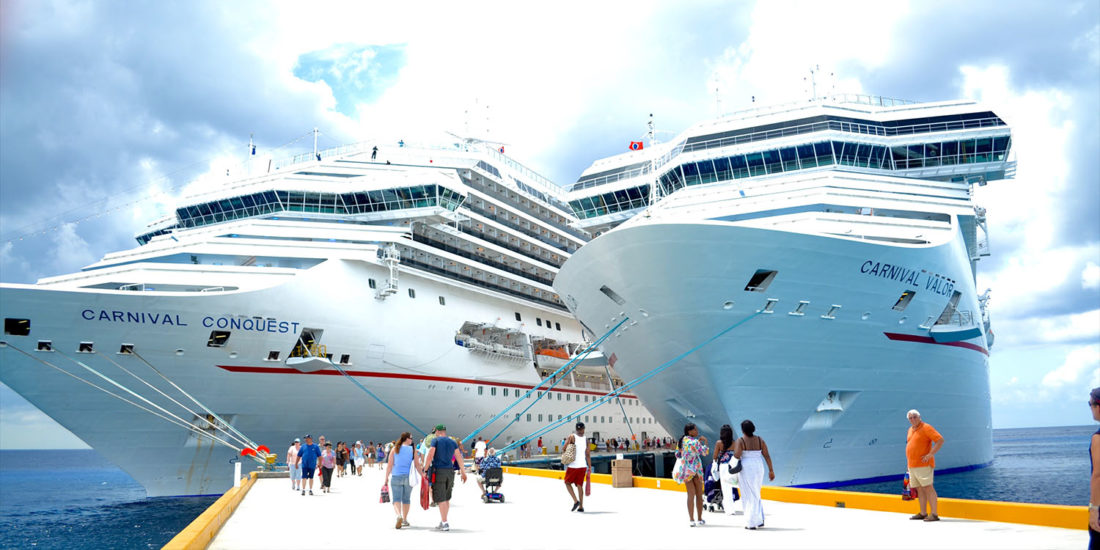Christos Hadjichristodoulou of the University of Thessaly, Greece, will be presenting a keynote titled “Leisure Activities and Ageing: Cruising During the ‘Golden Years’”, at The 2nd European Conference on Aging & Gerontology (EGen2022).
The presentation will also be available for IAFOR Members to view online. To find out more, please visit the IAFOR Membership page.
Abstract
Leisure Activities and Ageing: Cruising During the “Golden Years”
Cruising is a popular activity among older adults, offering an opportunity to travel globally while enjoying organised excursions, entertainment, dining and other amenities. According to the Cruise Lines International Association (CLIA), over half of the nearly 30 million cruise passengers in 2019 were 50 years of age or older, and over 30% were 60 or older. The rise of “retiring at sea” and “serial cruising” will likely continue with an ageing population; a cost-effectiveness analysis made the case that cruise ships can offer an alternative to traditional land-based assisted living facilities for older adults.
As semi-closed and close contact environments, cruise ships can facilitate the spread of infectious diseases (gastroenteritis, Legionnaires’ disease, influenza and vaccine-preventable diseases). European guidelines exist for prevention and management of these diseases onboard passenger ships, with health and hygiene standards implemented. However, COVID-19 identified gaps in coordinated procedures to detect and respond to new emerging diseases. In the outbreak onboard the Diamond Princess cruise ship, over 700 cases and 13 deaths were recorded, with symptomatic COVID-19, severe disease and death more frequent among older travellers onboard. A modelling study estimated that early disembarkation of all passengers quarantined onboard would have been associated with 76 incubating travellers, but immediate disembarkation was not feasible.
The European Union Joint Action “HEALTHY GATEWAYS” (2018-2022) published advice on February 3, 2020, and outlined measures for ship operators regarding early detection, disembarkation of first possible cases / close contacts and quarantine ashore. Experiences from the Diamond Princess and other events demonstrated that effective COVID-19 management needed pre-defined and interoperable contingency plans on ships and at ports, to ensure capacities would be available for health measures implementation. Since the start of the pandemic, HEALTHY GATEWAYS developed several evidence-based advice documents supporting governmental authorities and ship operators to safely restart cruise operations in Europe, including a tool for port public health emergency contingency planning incorporating a cruise restart process map. These advice documents provided a framework for shared protocols, to achieve common standards for COVID-19 preparedness and response onboard cruise ships in EU Member States.
An integrated approach addressing expected and new emerging infectious diseases is essential, as well as incorporating evidence-based COVID-19 prevention, mitigation and management measures into routine operations. Lessons learned during the 2020-2021 cruise season will be carried forward in a new European Union project “HEALTHY SAILING” (2022-2025) to improve the quality of passenger shipping services, facilitate recovery from the COVID-19 pandemic and make passenger shipping, including cruising, safer and more resilient.
Speaker Biographies
Christos Hadjichristodoulou
University of Thessaly, Greece


